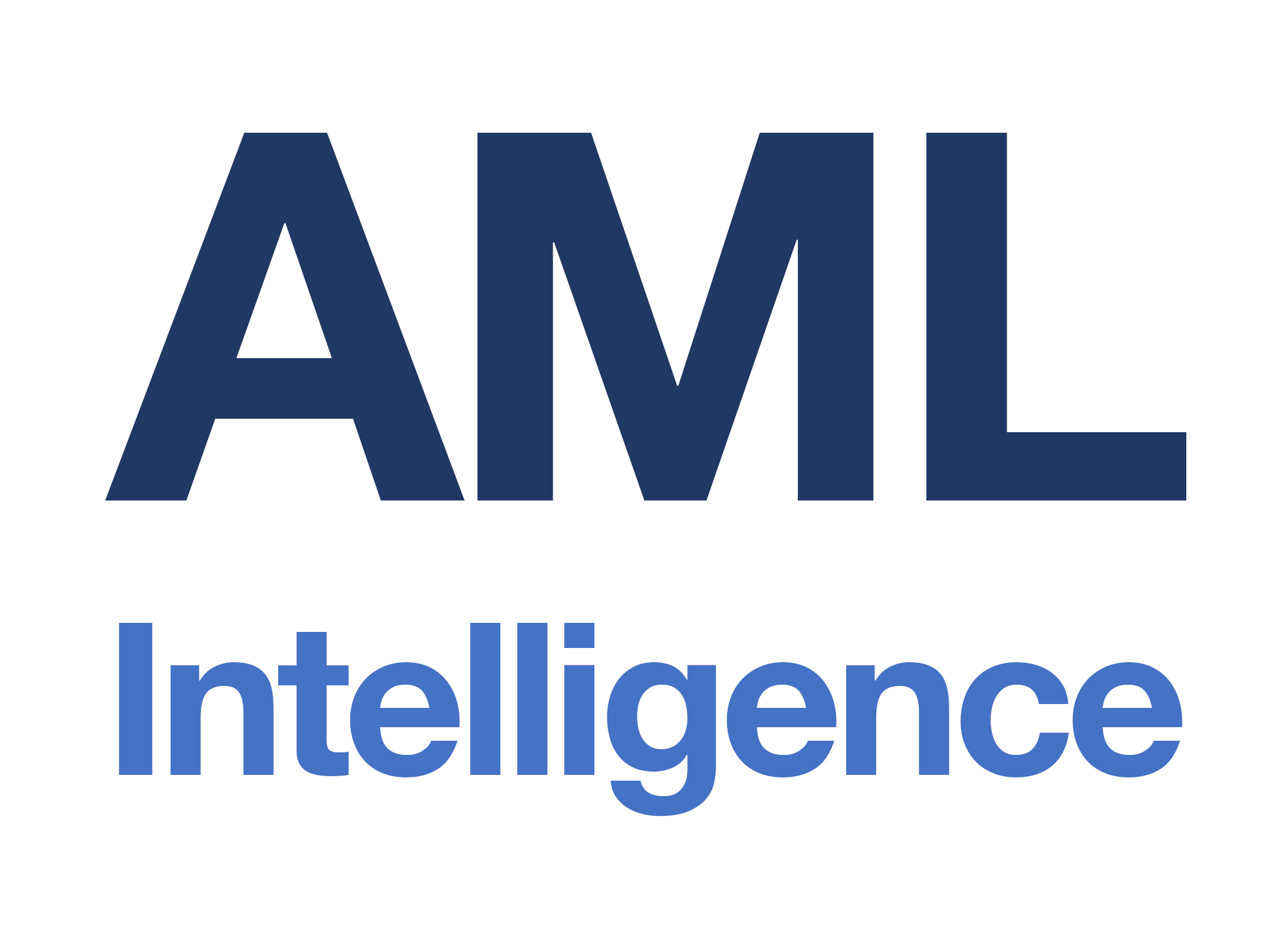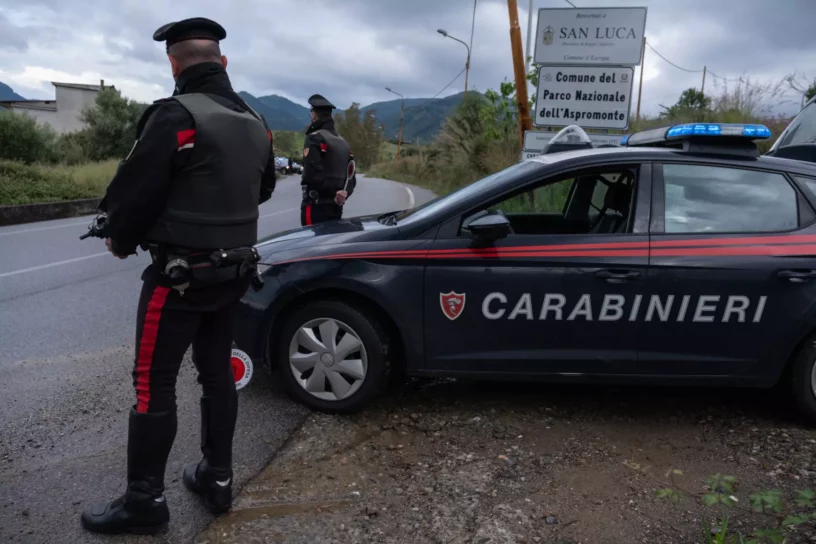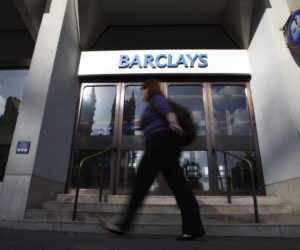POLICE in 10 European and South American countries today struck at the heart of Italian mafia, the ‘Ndrangheta’s “systematic money laundering” operation.
In the raids early this morning (Wednesday) 132 gang members of what Europol described as “one of the world’s most powerful criminal networks” were arrested.
“The mafia-style organisation is responsible for much of Europe’s cocaine trade, combined with systematic money laundering, bribery, and violence,” Europol said of the San Luca-based mob organisation.
The ‘Ndrangheta clans were also involved in international firearms trafficking from Pakistan to South America, providing weapons to the notorious criminal group PCC (Primeiro Comando da Capital) in exchange for cocaine shipments.
Investigators tracked the flow of money in an extensive global money laundering system, with massive investments in Belgium, Germany, Italy, Portugal, Argentina, Uruguay and Brazil.
Today’s international operation “now stands as the largest hit involving the Italian poly-criminal syndicate to date,” the agency said in a statement.
The criminal network under investigation was led by several powerful ‘Ndrangheta families based mainly in the town of San Luca (pictured), which is in the Italian province of Reggio Calabria.
The Italian criminal network was mainly devoted to international drug trafficking from South America to Europe, as well as Australia. Authorities uncovered that the network was working in partnership with the Colombian organised crime group ‘Gulf Clan’ and an Albanian-speaking crime group operating in Ecuador and multiple European Countries.
Some of these families have been involved in decades-long clan violence known as the San Luca feud, culminating in shootings in Italy and abroad, such as the Duisburg massacre in Germany in 2007.
Members of the criminal network were engaged in criminal conspiracy not only by being part of a mafia-style organisation, but also by being responsible for drug trafficking, firearms trafficking, illegal firearms possession, money laundering, fraudulent asset registration, tax fraud and tax evasion, as well as the aiding and abetting of fugitives (who have since been arrested). Two of these fugitives had been on the EU Most Wanted list.
The criminal group was investing its profits in real estate, restaurants, hotels, car wash companies, supermarkets, and other commercial activities. In order to pay for cocaine or to transfer illicit assets, the criminals often relied on facilitators using the hawala system.
Today’s operation was supported by a total 2,770 police officers across Belgium, Germany, Italy, France, Portugal, Slovenia, Spain, Romania, Brazil and Panama raided multiple locations and seized several companies.
Eurojust supported the involved authorities by establishing and funding two joint investigation teams.
The agency also hosted 10 coordination meetings and set up a coordination centre to enable rapid cooperation between the judicial authorities involved in the action day. Three linked cases were opened at Eurojust at the request of the Italian, German and Belgian authorities. Eurojust also facilitated the transmission and execution of European Investigation Orders.
Europol’s Analysis Project on Italian Organised Crime supported the investigation as a priority case. It provided intelligence packages and cross-match reports to the national investigative units involved.
In total, more than 200 SIENA messages were exchanged among the countries involved. Besides supporting the investigation itself, the Analysis Project also supported the searches for the three fugitives.
The agency also hosted case officers appointed by national investigative units, in order to analyse the encrypted communication that had been gathered. On the action day itself, Europol deployed specialists with mobile offices on the spot in all three countries.
The investigation and the Action Day itself have been supported by the @ON Network funded by the EU (Project ISF4@ON) led by the Italian Antimafia Investigation Directorate (DIA).








